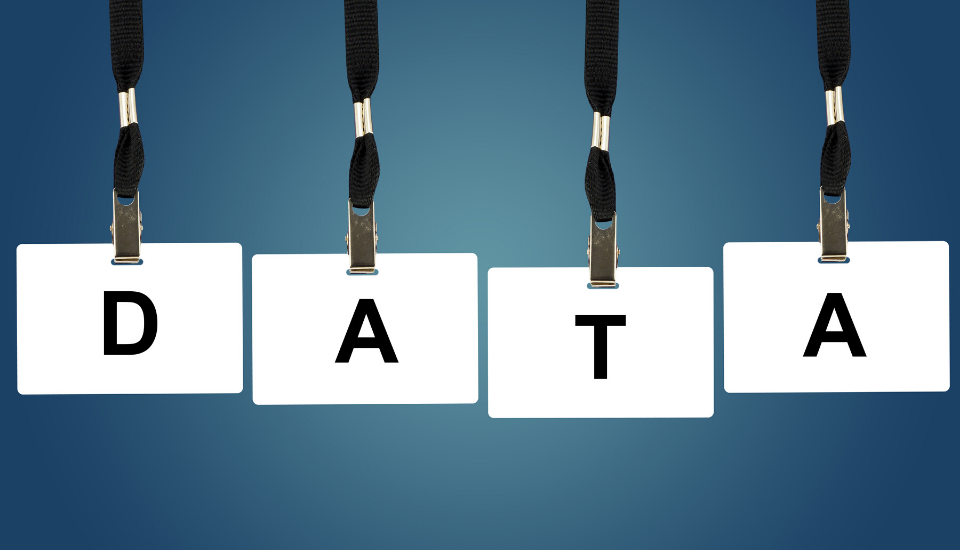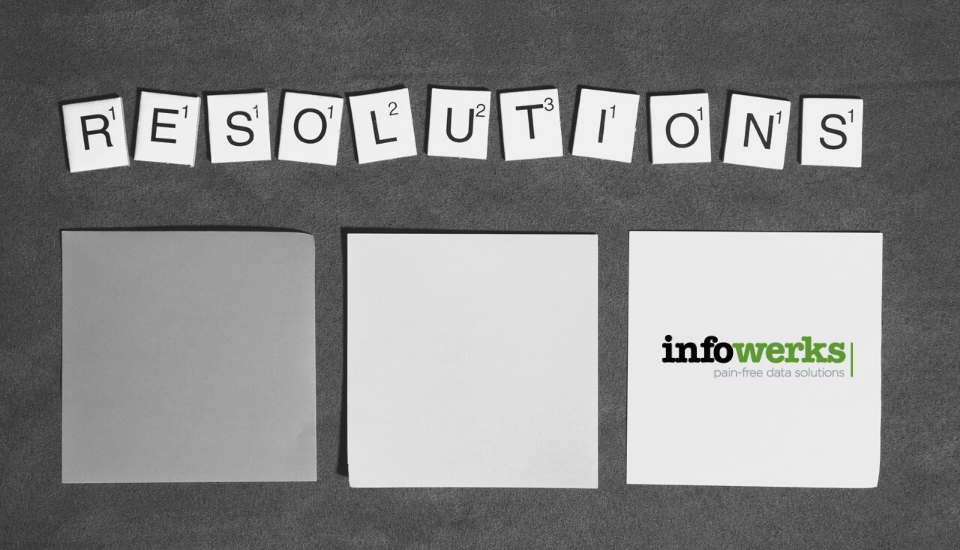
Mergers and acquisitions are a regular occurrence in the healthcare industry. In an environment where margins are thin, survival is hard. Community hospitals become part of larger health systems. Independent pharmacies are acquired by chains. But what happens to legacy data post-M&A?
Retaining Legacy Data Must Isn’t Optional
Whenever an entity rolls into another or is acquired, its data must come with it. Acquirers cannot simply start over, as medical retention laws require healthcare organizations to keep records for typically a minimum of 10 years.
Most acquirers don’t want to convert all this data to their EHR or pharmacy system. Nor do they want to keep a legacy system live to access the data. This practice is costly due to maintenance fees and can eventually expose you to risk if the platform is no longer updated.
The answer for many is to seek out a way to archive the data, so it’s accessible. The storage of this data must also meet HIPAA compliance, ensuring it’s secure.
Why Archiving Is a Smart Move After M&As

Any merger or acquisition includes a host of costs outside the purchase price. You don’t want to incur additional charges to manage legacy data. Data archiving helps you control costs without interrupting accessibility.
Archiving offers organizations flexibility and advantages:
- Centralize records: Use one web-based platform to hold all your documents. With search and filter capabilities, you can find what you need fast.
- Be audit-ready: Audits are a part of the healthcare world, and when you are the subject of one, you often need to provide old records. Such a task would be painstaking and inefficient in most scenarios, but with the right archiving solution, you can run a report in minutes.
- Always secure: Archiving systems encrypt data, so you’ll always be compliant.
- Store any file types: Archiving is not limited to one type of file; rather, you can house virtually any kind of record, including images.
- Never pay maintenance fees: Stop paying for a legacy system just because you need record access. Archiving is a one-time investment.
- Include records from multiple locations: If your M&A includes multiple entities, you can move all the files to one platform, providing access to users based on permissions.
Retaining legacy data doesn’t have to be complicated or expensive. Partnering with a data management provider with a healthcare-centric approach can deliver a seamless experience. Learn more about legacy data archiving for healthcare by checking out the ViewMaster platform.

